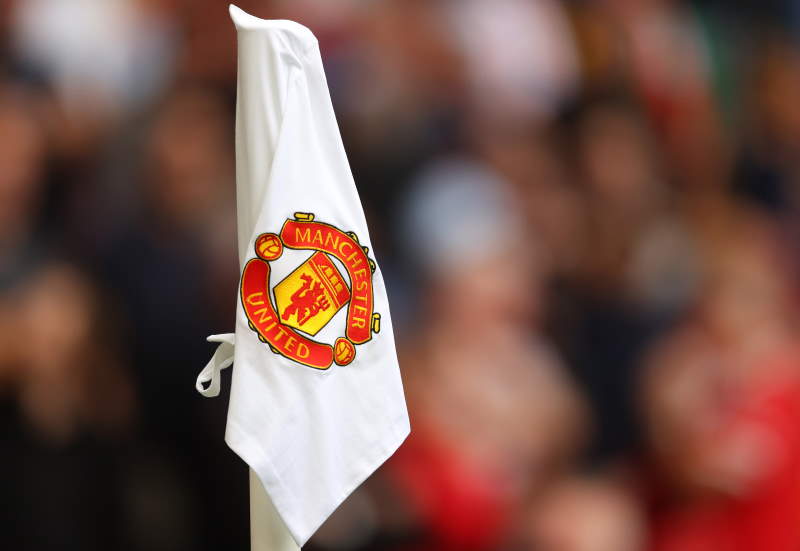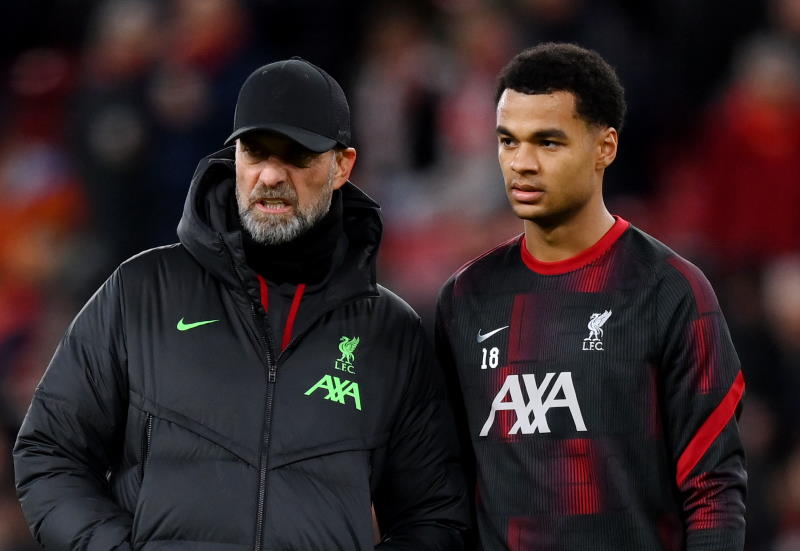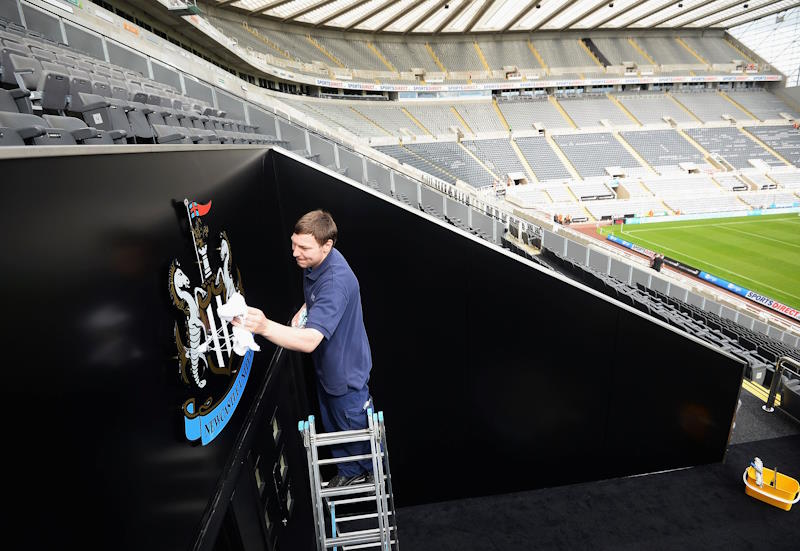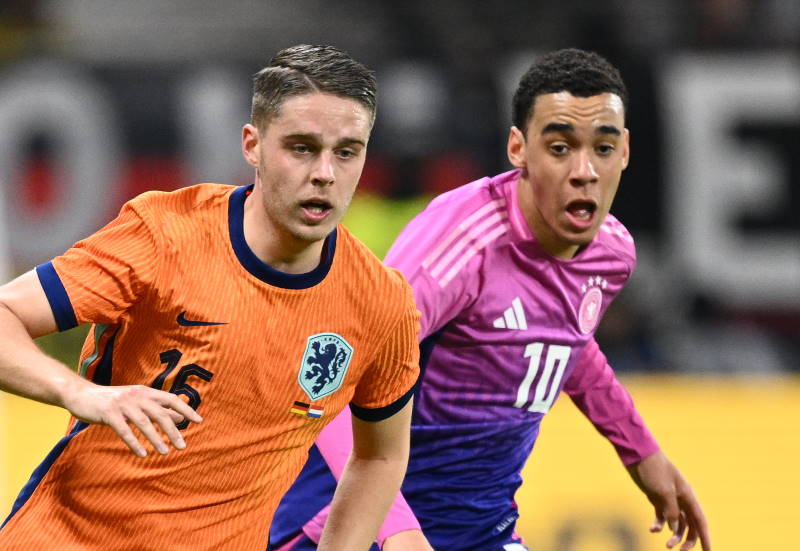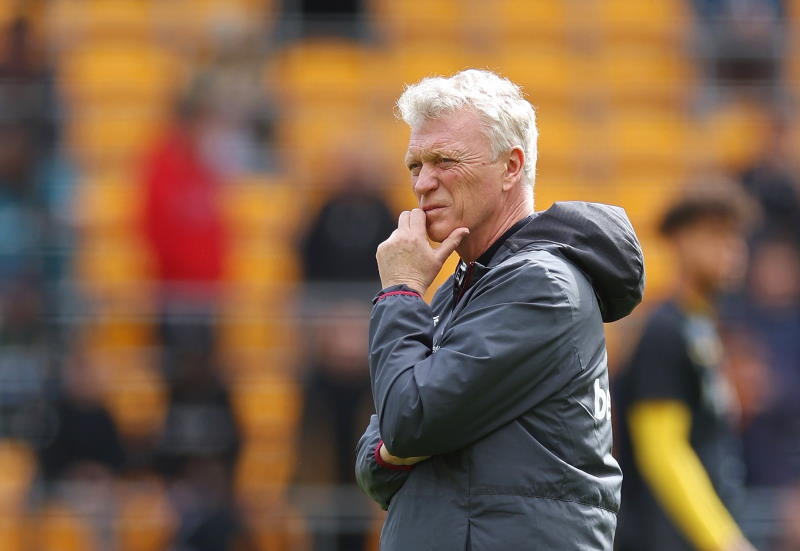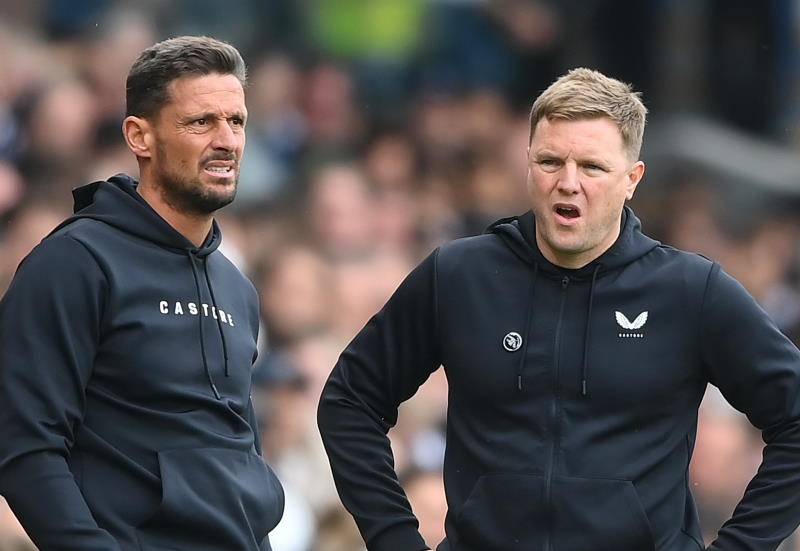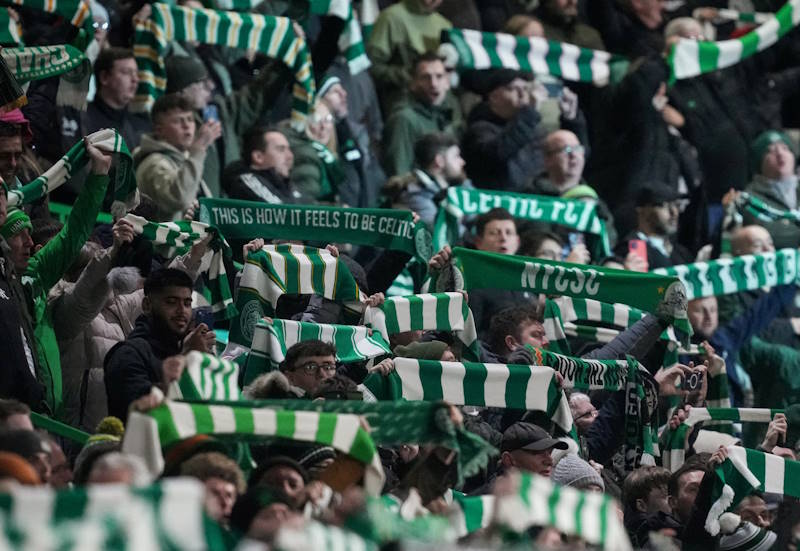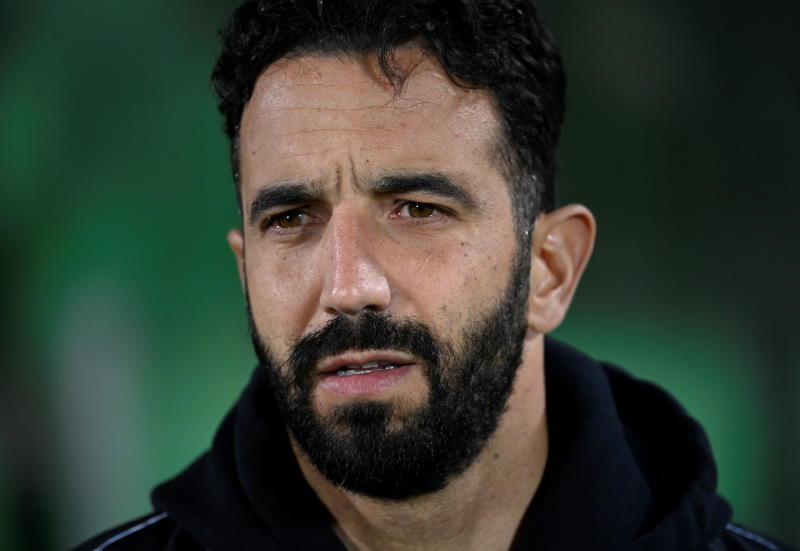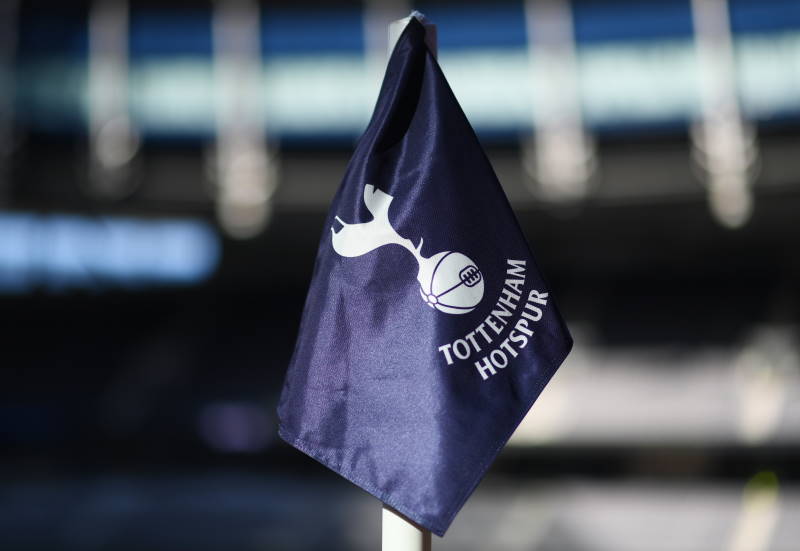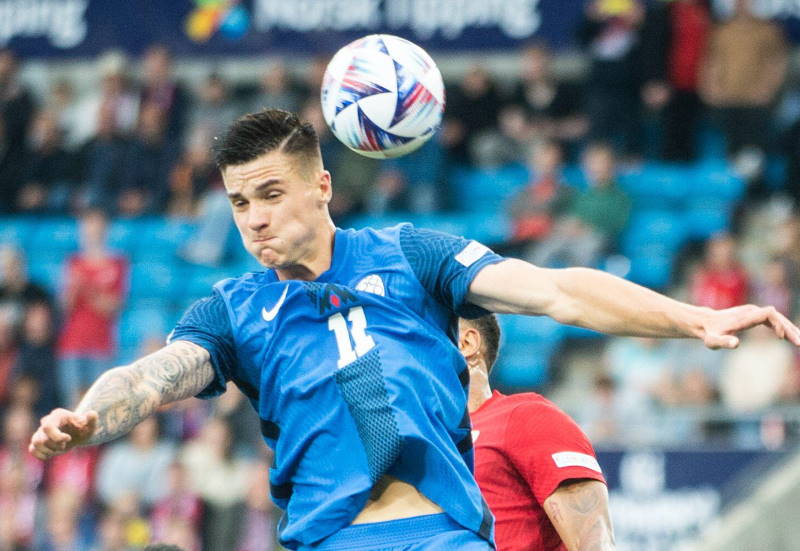
At the end of the 1980s and start of the 1990s, a Dutch trio helped AC Milan to dominate Italian football. The players in question were, of course, none other than the world famous Marco van Basten, Ruud Gullit and Frank Rijkaard. Forty years earlier however, in the same city, and for the same team, there was another trio who wrote their name into the history books of the Rossoneri; a Swedish trio.
The first to arrive at Milan was Gunnar Nordahl, who would go on to become one of the greatest forwards in Serie A history; the Swede landed on Italy's shores in January 1949. Nicknamed “Il Pompierone” (the big fireman), Nordahl's first game was at the Arena Stadium, a ground located in the very centre of Milan, that both AC and Inter used many times in the 1940s and 1950s. Against lowly Pro Patria of Bursto Arsizio, Nordahl burst onto the scene, blasting home two goals.
The Swede played with the Rossoneri until 1956, scoring an incredible 210 goals in 257 games. Nordahl topped the Serie A scoring charts five times, scoring 35 goals in 1949/50, 34 in 1950/51, 26 in 1952/53, 23 in 1953/54 and 27 in 1954/55.
On 5th of February, 1950, Nordahl found the net twice in Turin against Juventus. While that in itself was not out of the ordinary, the end result was, as the Bianconeri were simply taken apart by Nordahl's Milan, losing 7-1. The Old Lady tried hopelessly to stop “Il Pompierone”, leading to Juventus and Italy full back Carlo Parola being sent off for continuously fouling the Swede. After the game, Parola lamented his side's inability to stop Nordahl: “It was impossible to stop him. I tried in every possible manner, but he plays like a devil. It was a nightmare for me and my team.”
With the Rossoneri, Nordahl picked up two Serie A titles and two Coppa Latinas (a tournament held before the European Cup, featuring clubs from France, Italy, Spain and Portugal). In 1956, the striker left for Rome, turning out with the Giallorossi for one year.
Nordahl's contribution to Milan went beyond goals though. Just a few months after his arrival in Italy, the Swede told the Rossoneri board: “I have a couple of friends in Sweden that are very good at playing football, with them on the team we can win a lot of trophies.” The players Nordahl was referring to were Gunnar Gren of IFK Goteborg and Nils Liedholm of IFK Norrkoping. Both were midfielders who had played at, and won, the 1948 Olympics in London, and proven their class. Upon their arrival the duo were also handed nicknames by the Milan faithful, with Gren coming to be known as “The Professor” for his clever play, and Liedholm picking up the moniker “Star of the North”.
Towards the end of the 1940s, an Italian journalist encountered difficulties pronouncing the trio's strange Swedish surnames and nicknamed the group “Ge-No-Li”. It is a description of the group which has stuck ever since.
Gunnar Gren played for Milan until 1953 and then continued his career with Fiorentina, Genoa and Orgryte in his beloved Sweden.
Liedholm however, spent his entire career in Italy at Milan and represented the Rossoneri between 1949 and 1961. “The Professor” became a legend amongst the Milan faithful and there remains a story, told to this day, that at the end of his career, the entire San Siro stadium applauded for ten minutes after he misplaced a pass, in acknowledgement of years of infallibility.
After “The Professor” retired he embarked on a coaching career with, suitably, the Rossoneri, between 1961 and 1966; the spell was his only his first on the Milan bench.
Liedholm continued coaching in Italy, bossing Verona, Monza, Varese, Fiorentina and Roma. The Swede returned to Lombardy in 1977 and in the 1978/79 season coached a Milan side captained by Gianni Rivera to the “Scudetto della Stella” – the tenth title win which conferred upon the team the right to wear a yellow star on their shirts.
After that historic victory, Liedholm again left for Roma, winning another Scudetto in the capital before returning in 1984 for what would be his last spell in charge of the Rossoneri until 1987; he would go on to coach Roma twice more and Verona once again.
The “Gre-No-Li” trio won the gold medal in London at the 1948 Olympics, but only Gren and Liedholm played (and lost) in the 1958 World Cup final in Stockholm, against a Brazil side with a 17-year-old phenomenon named Pele in their ranks.
The Swedes' impact on Italian football was great and “Gre-No-Li” played a crucial part in Milan's glorious history. Gianni Brera, one of the greatest ever Italian sports journalists at the time, summed up the trio's status: “Sweden didn't take part in World War Two, and it's obvious that Swedish players are fitter than their Italian counterparts. We need years to recover from the war and at the moment we can't compete with Scandinavians in sport.”

